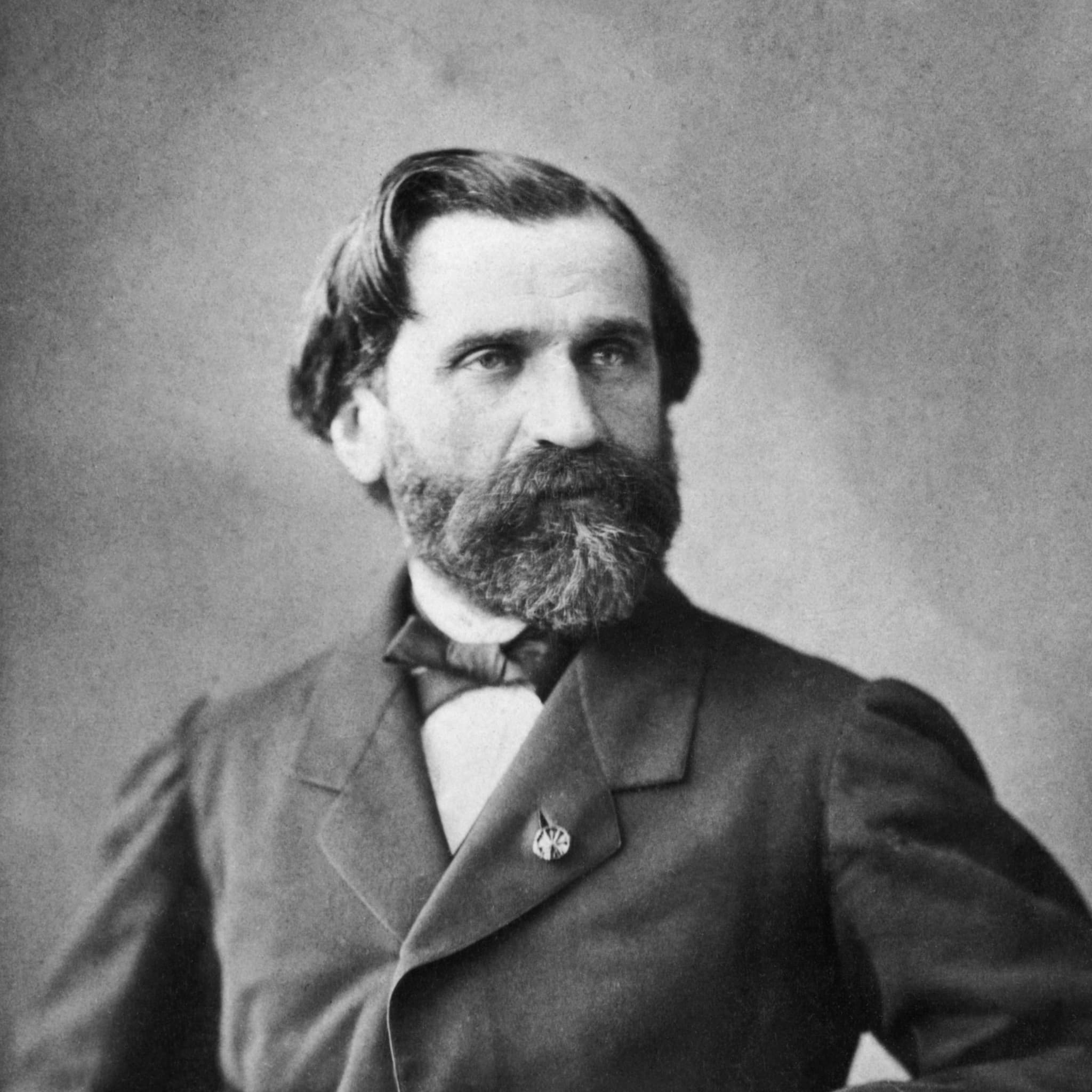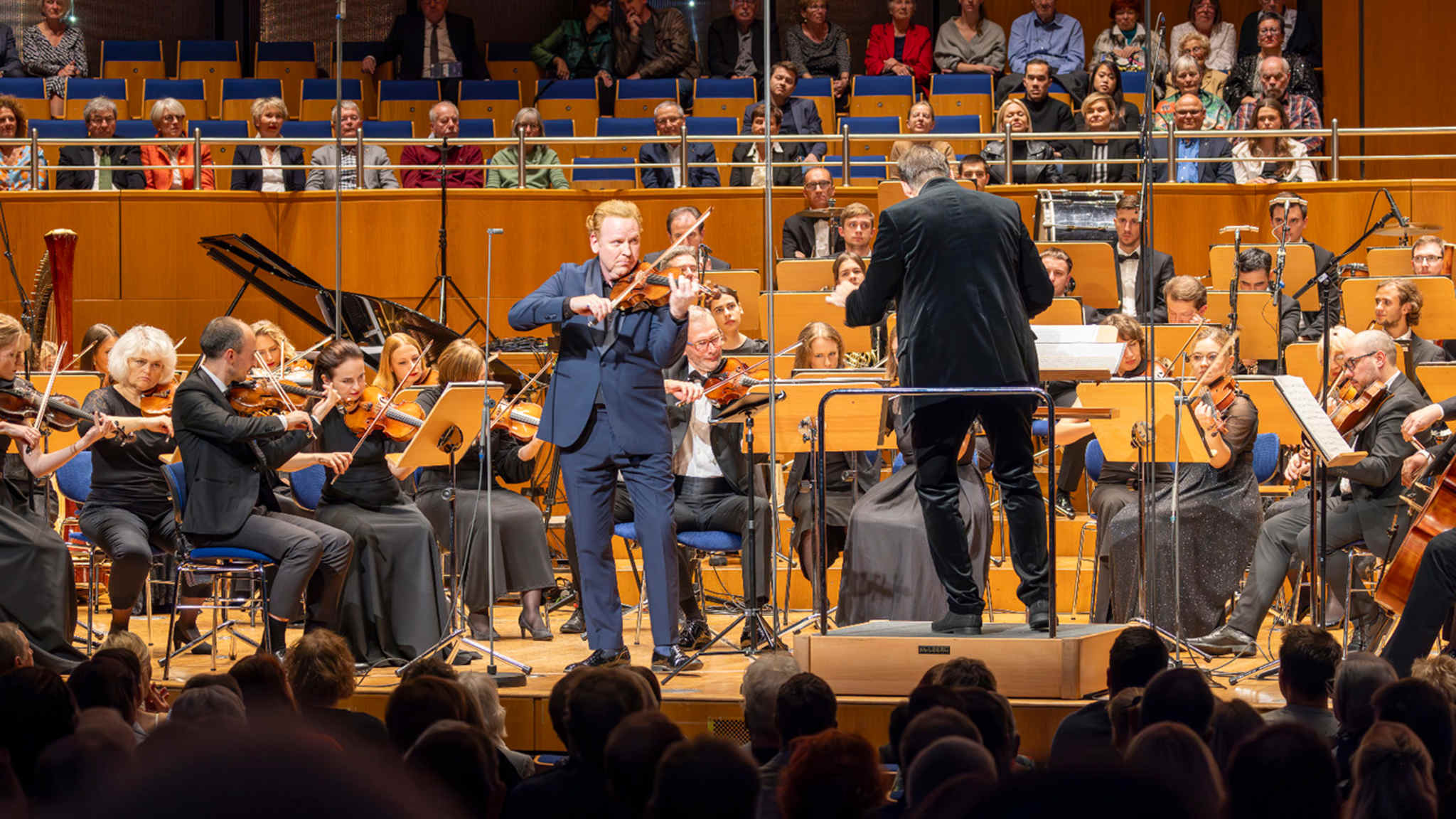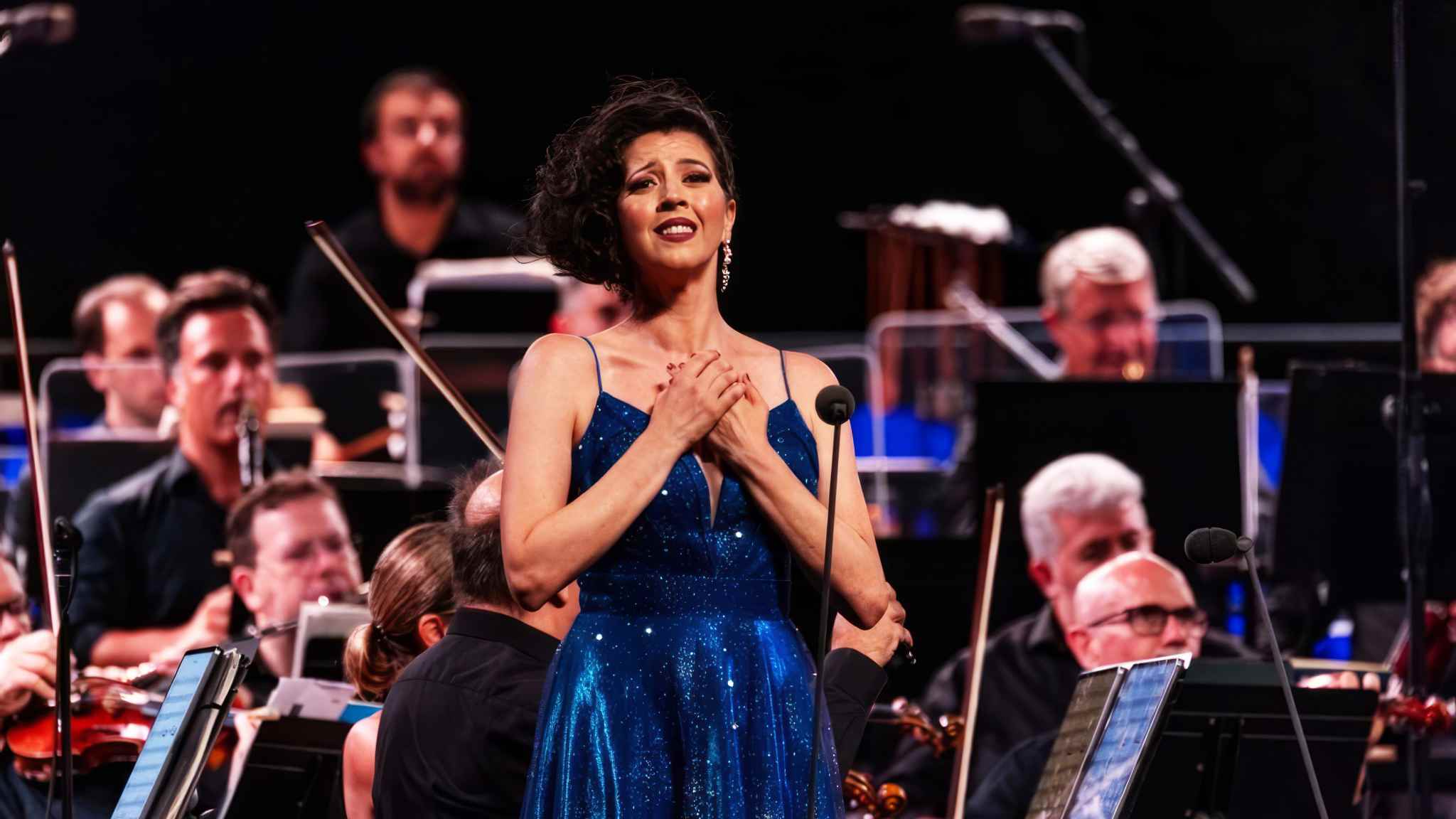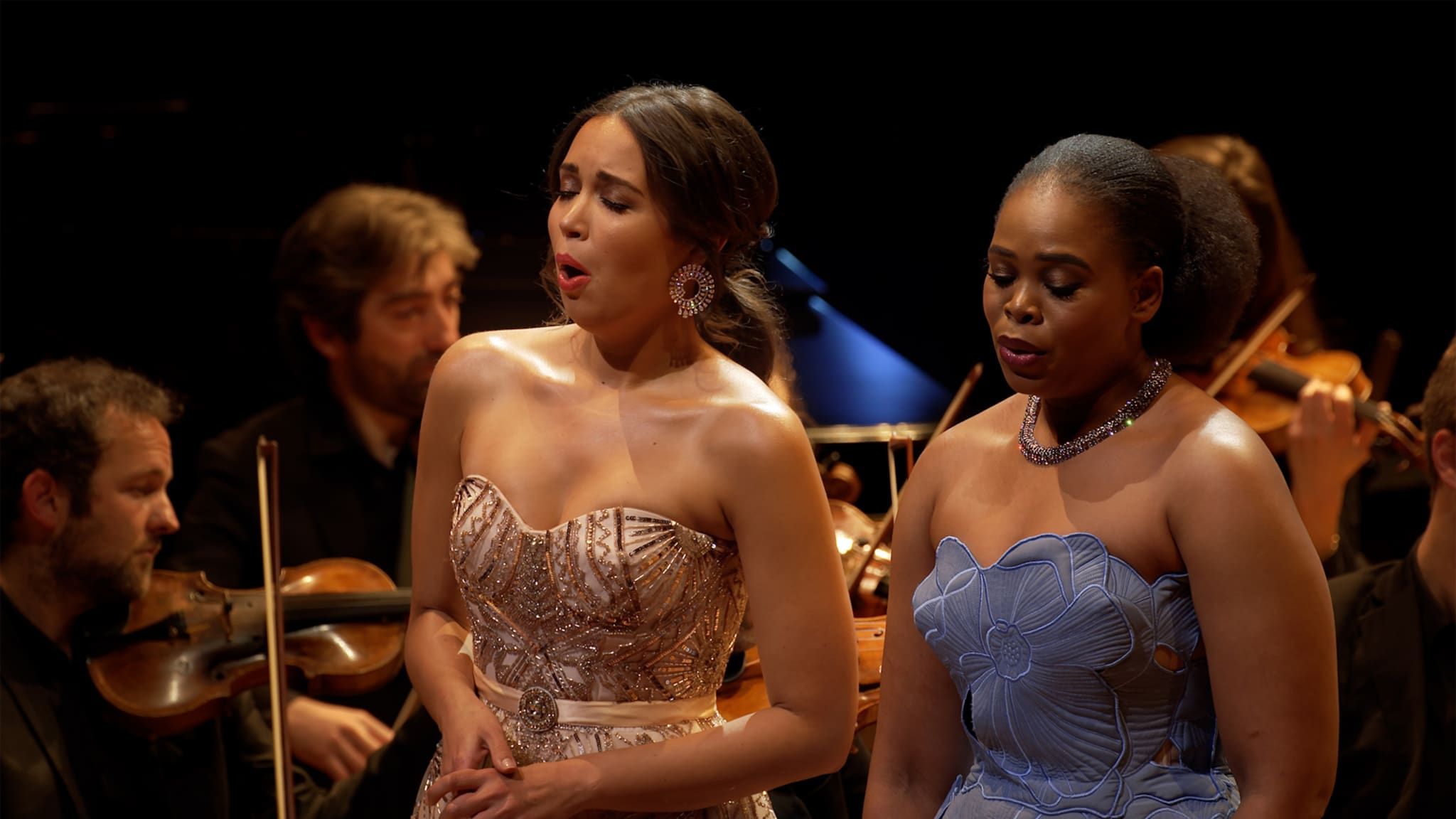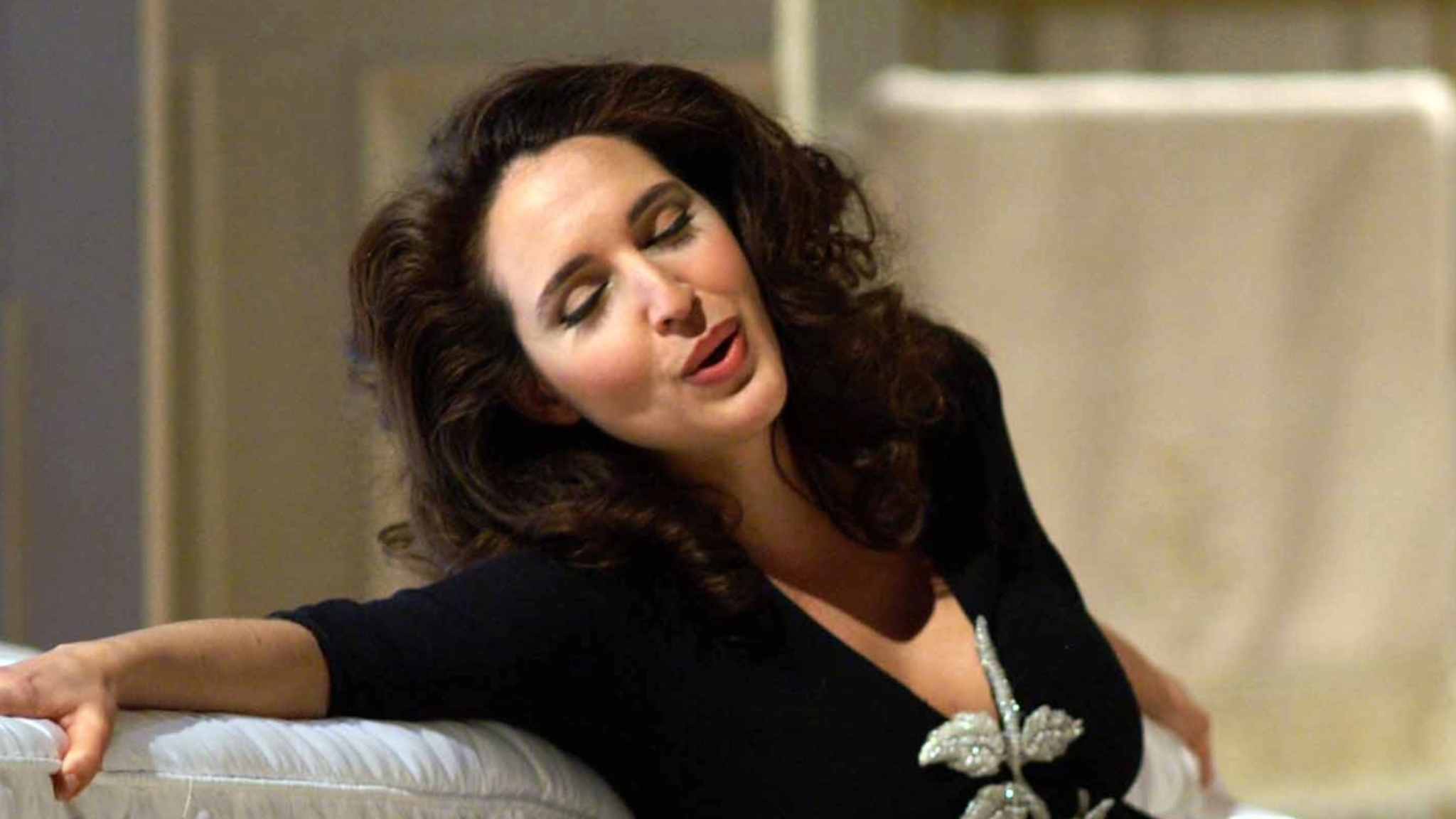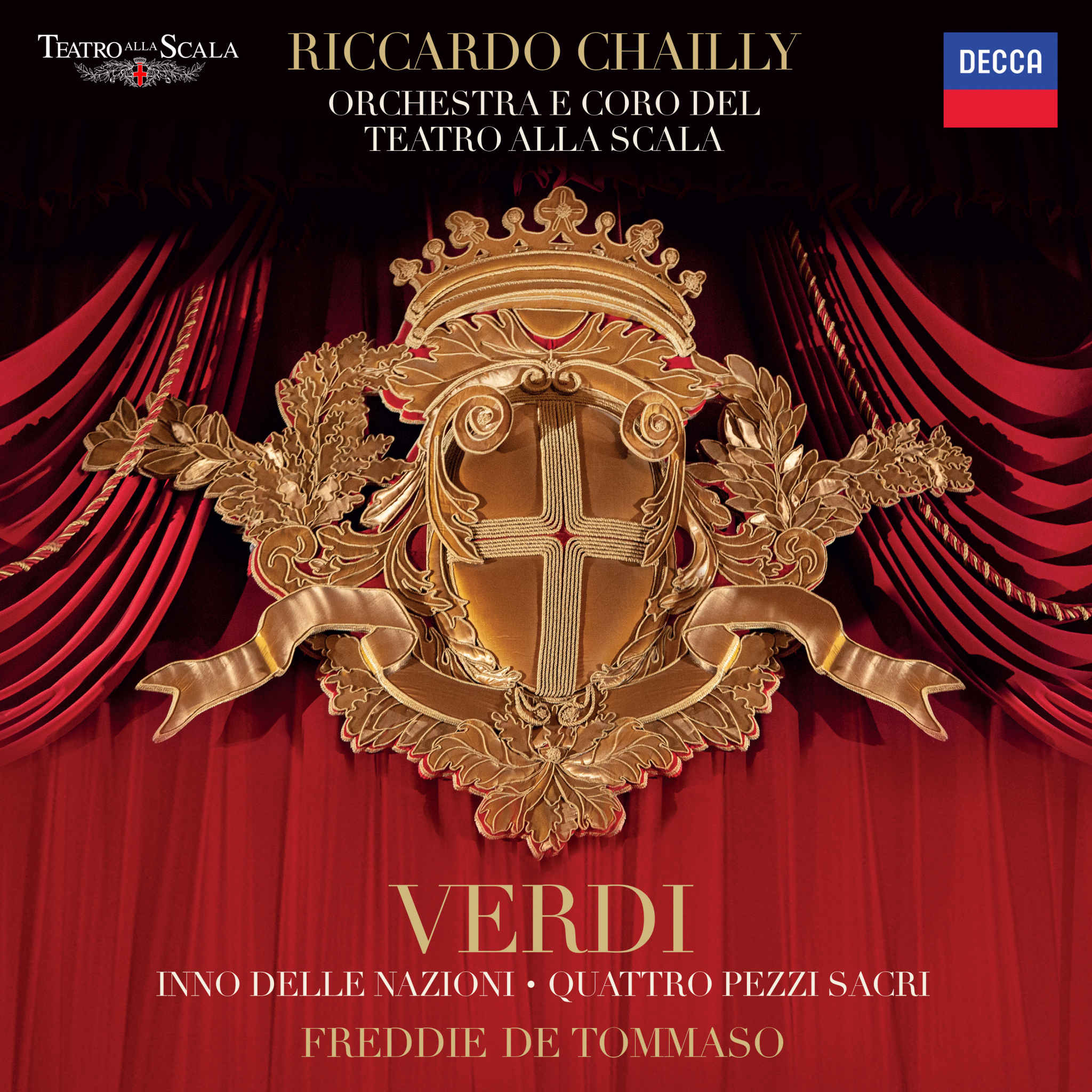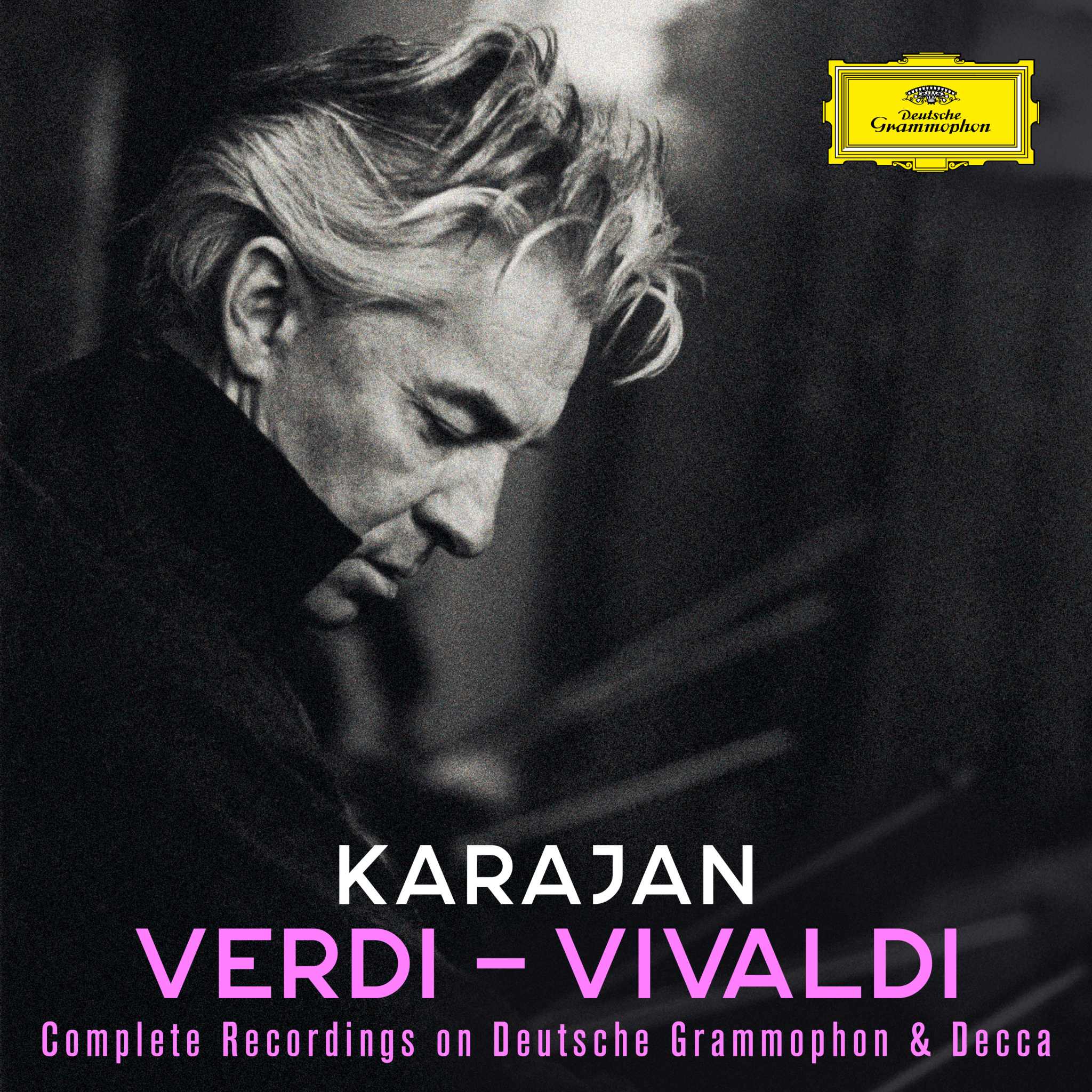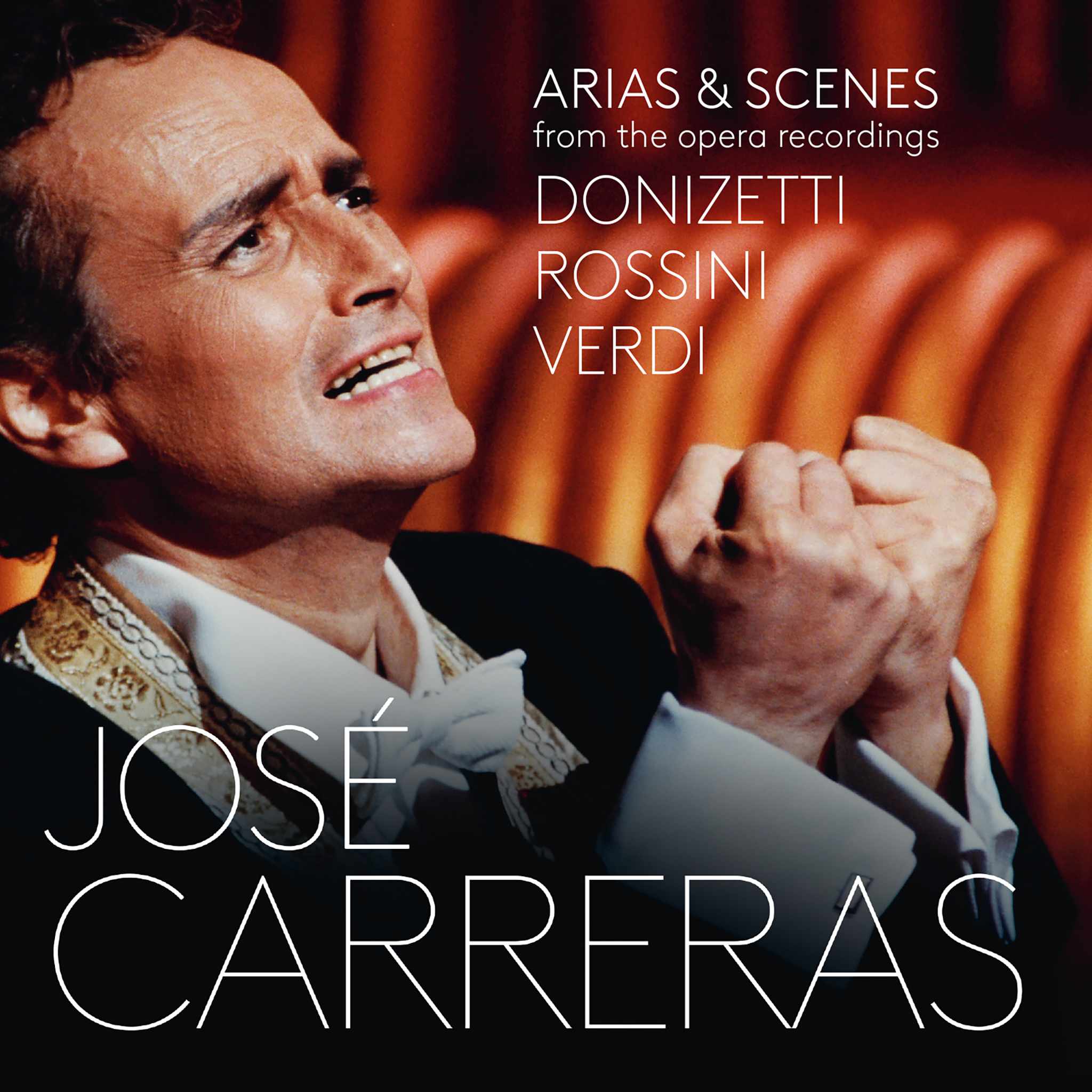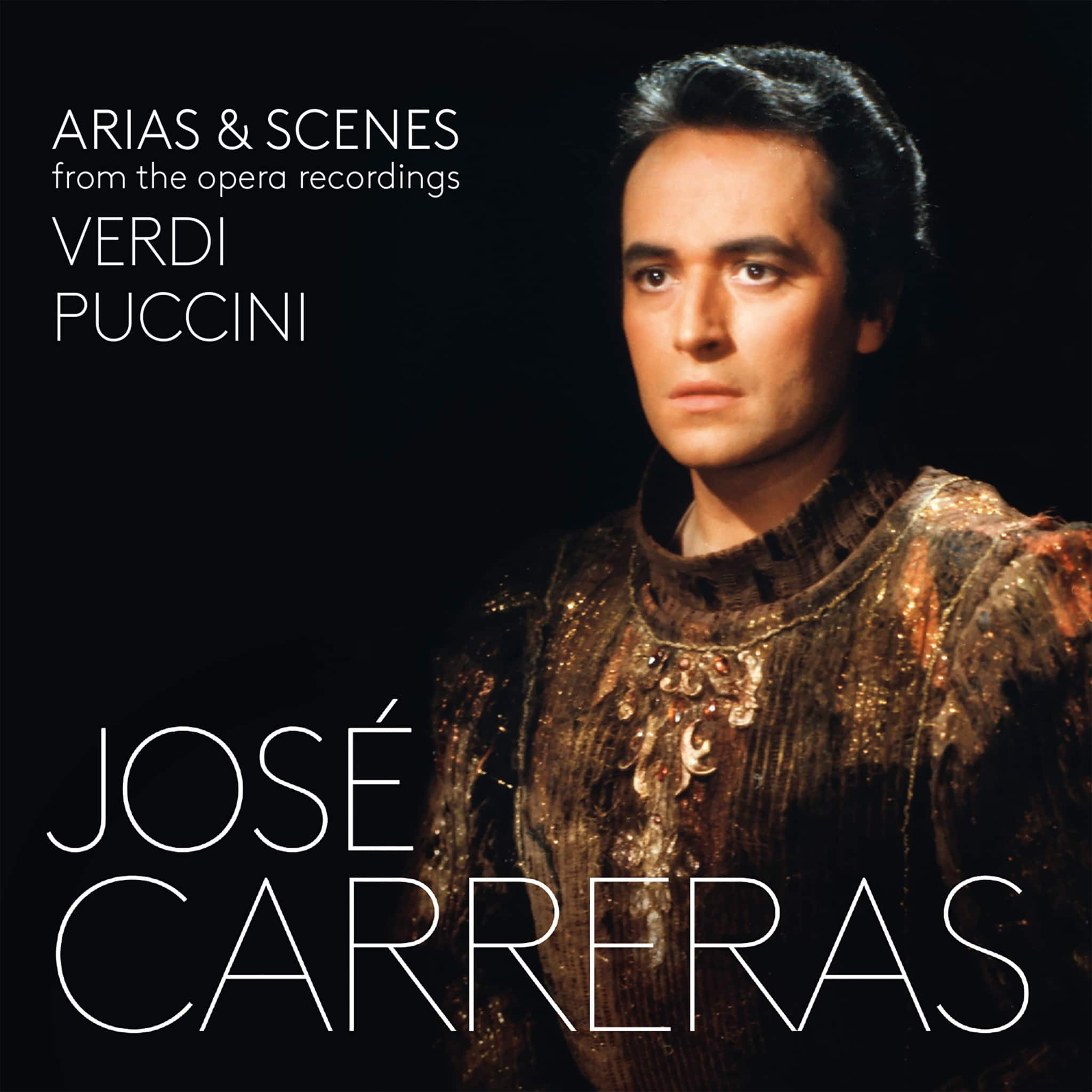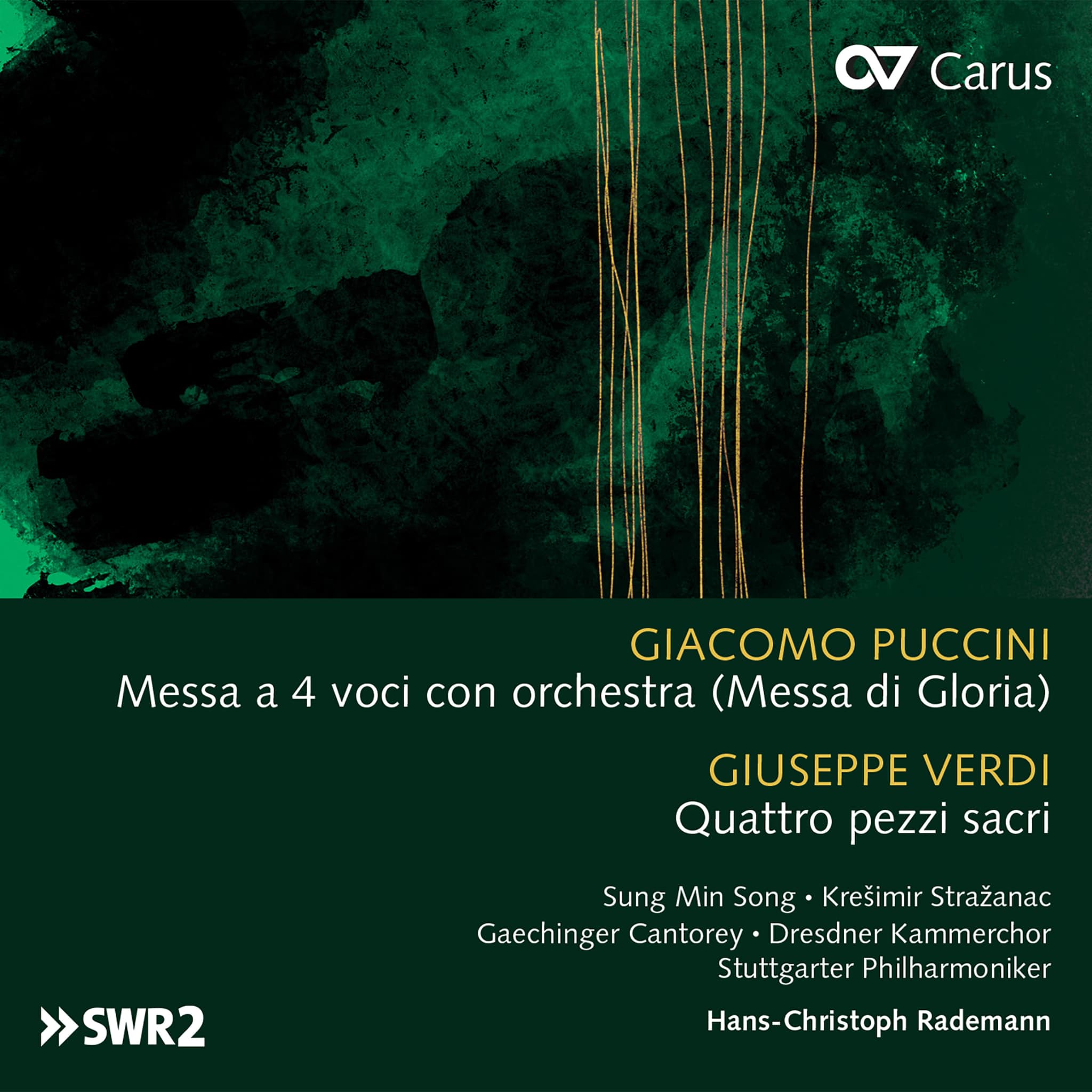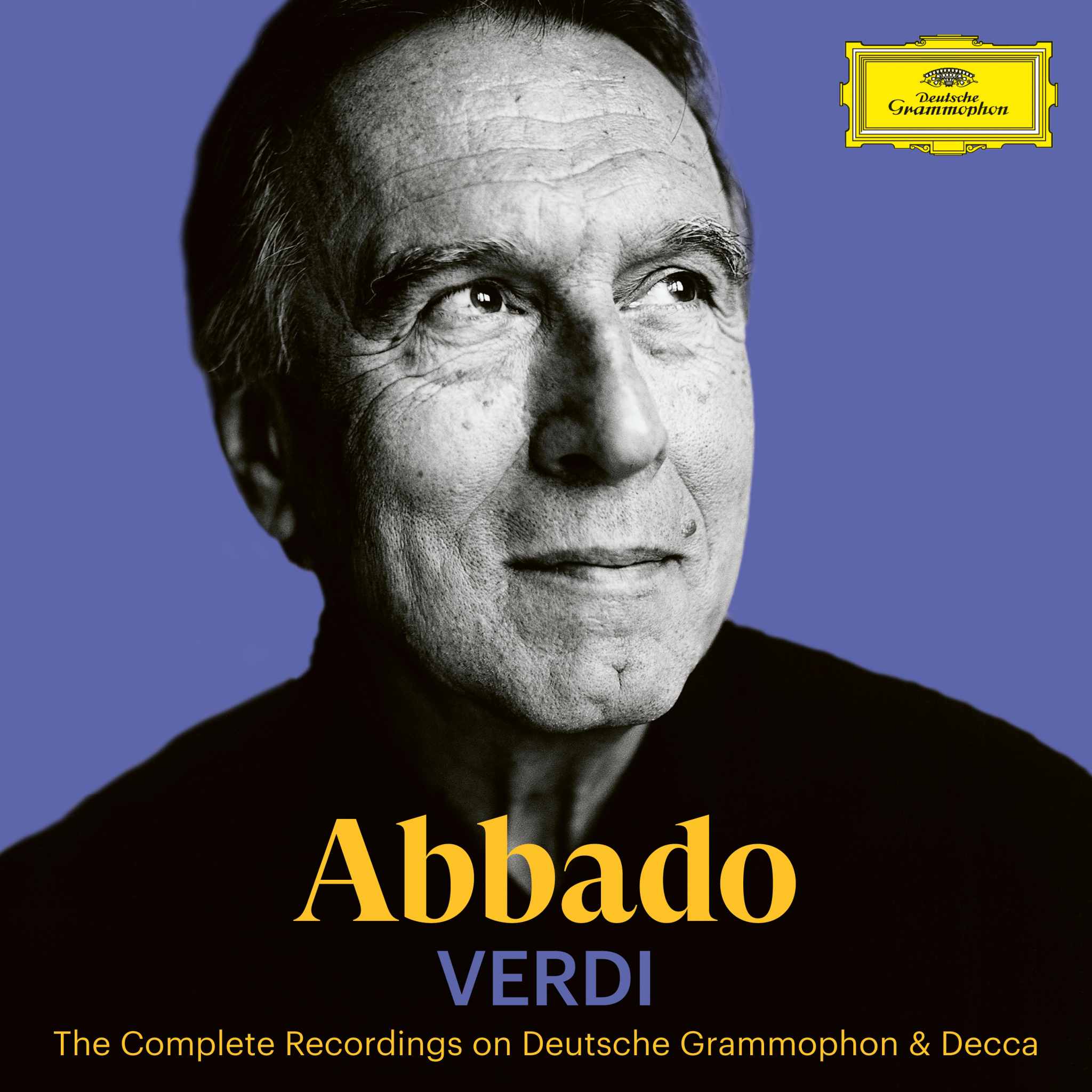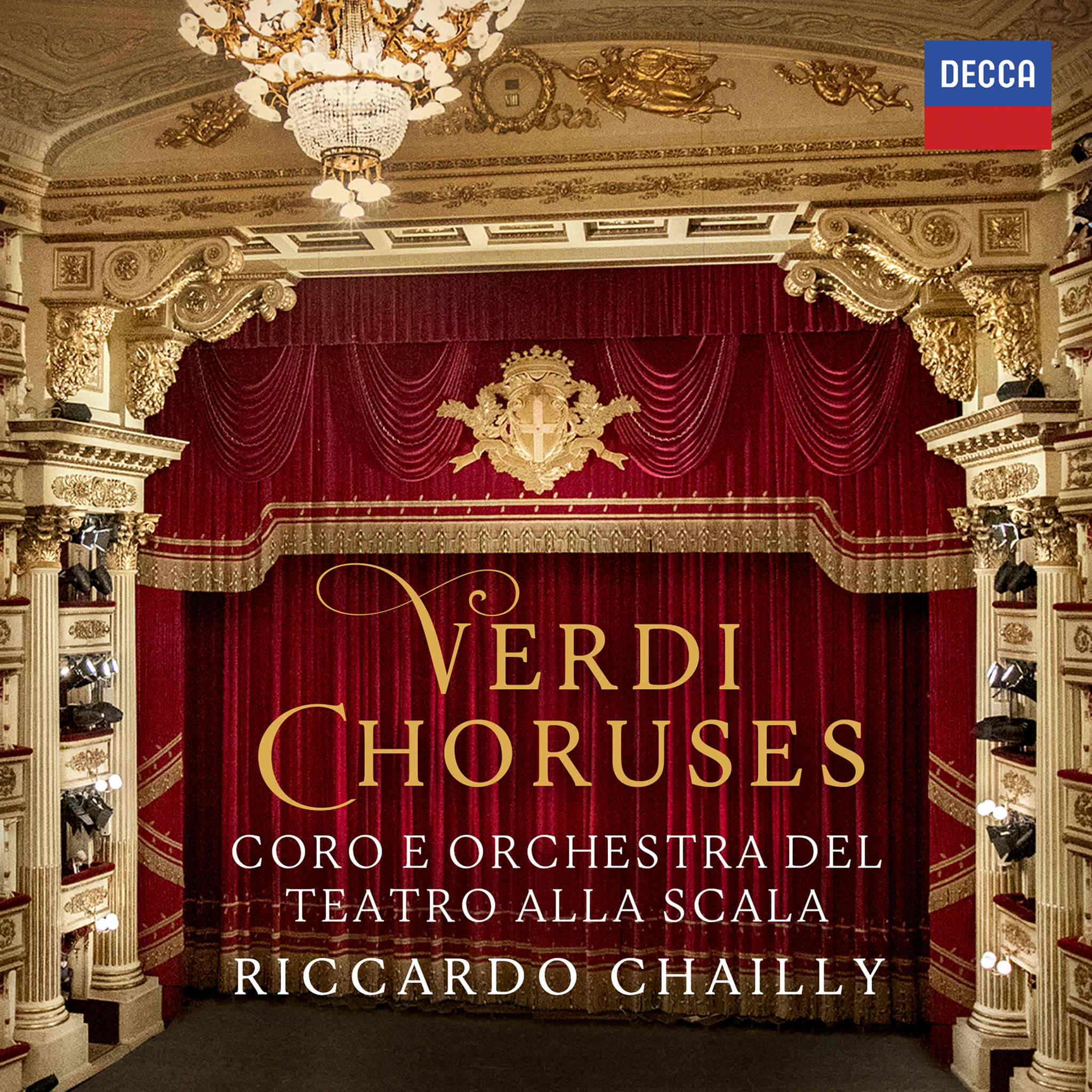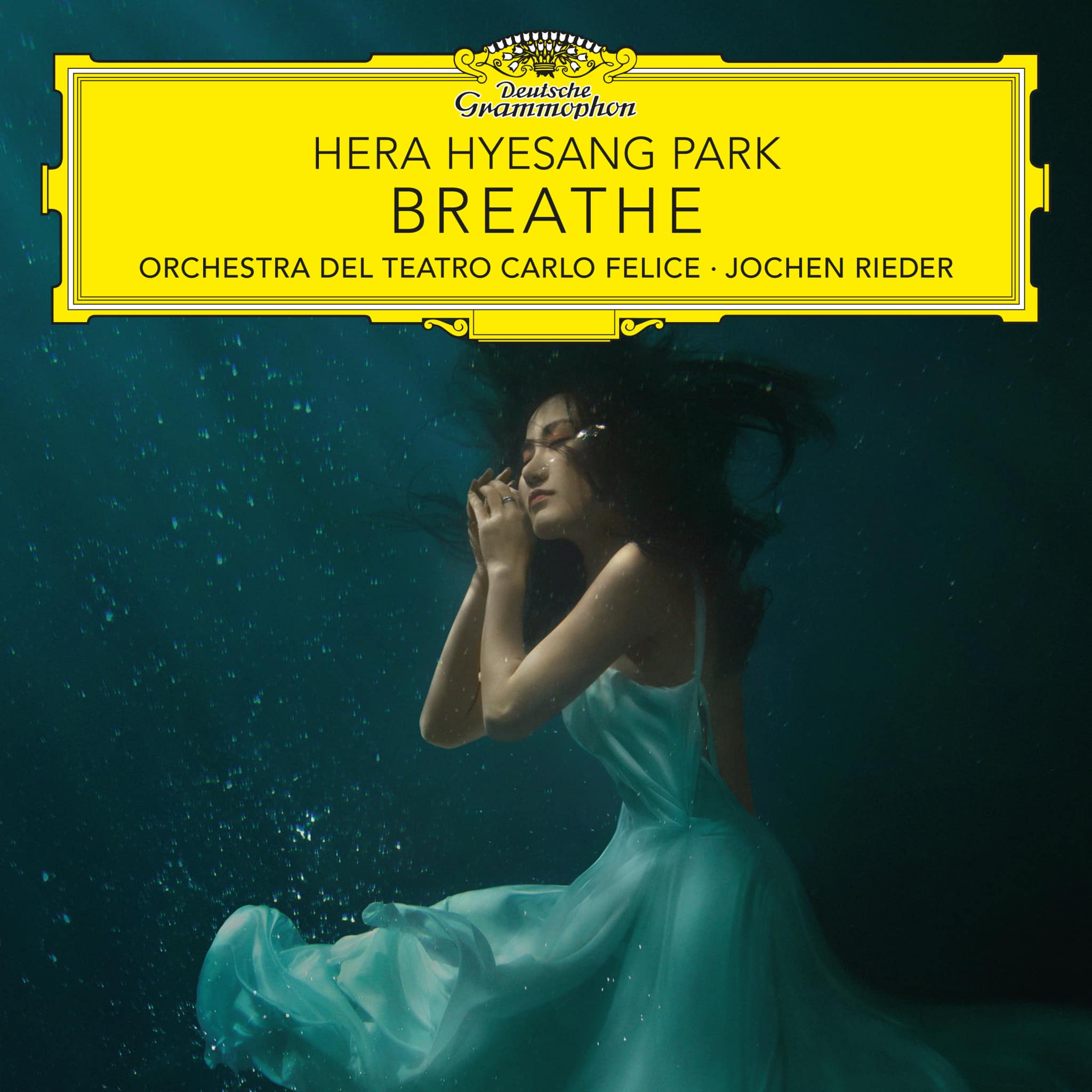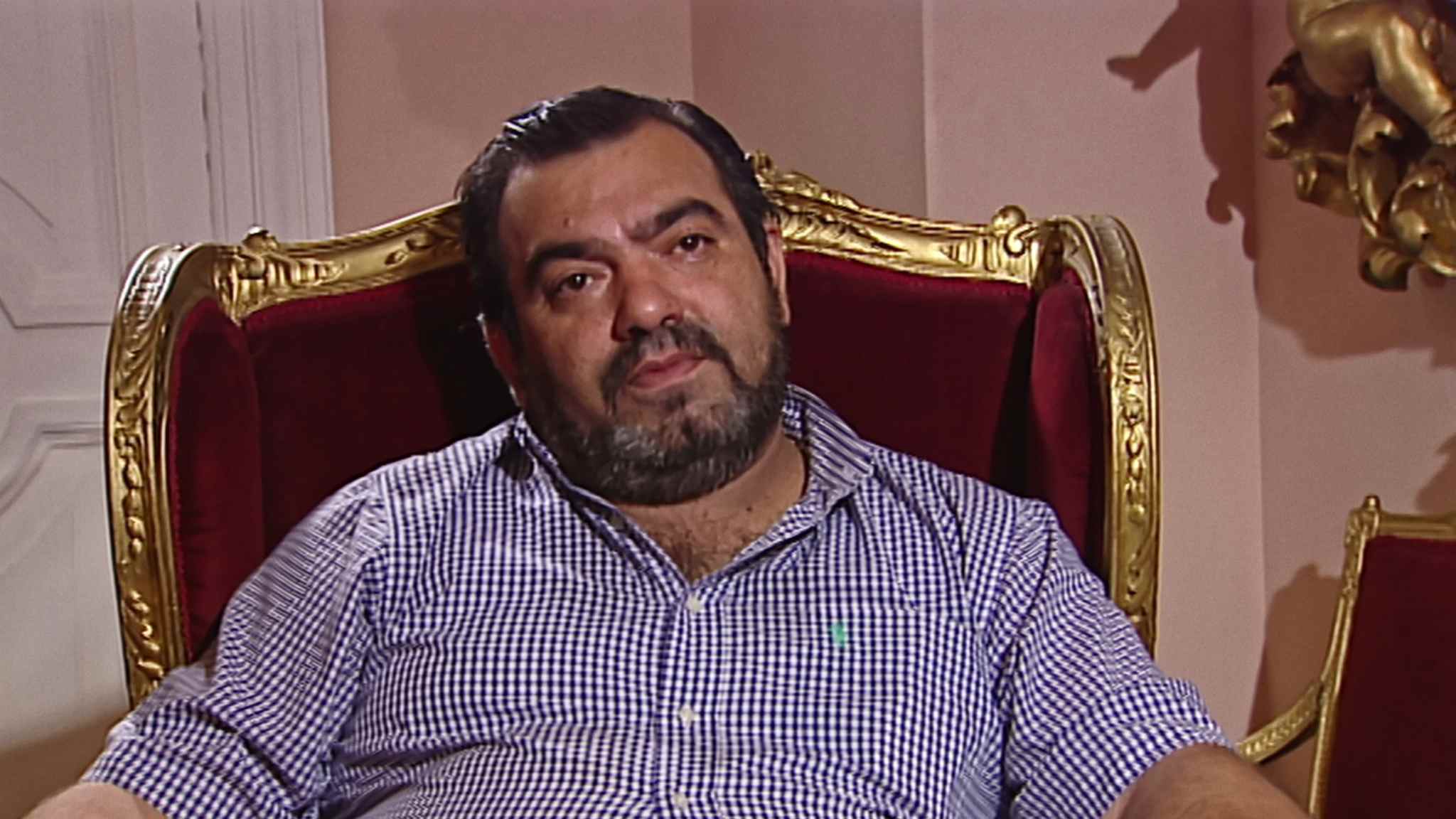Concerts
Operas
Albums
Appears On
Documentaries
AboutGiuseppe Verdi

Verdi's parents were innkeepers, but they recognized his talent and provided him with a modest musical education; however, the opportunity for more intensive musical studies only arose when he moved to Milan at almost 19 years old. His first opera, premiered at La Scala in 1839, was received quite favorably, but his astonishing success story truly began in 1842 with the premiere of Nabucco. Among his other early operas, Ernani, Macbeth, and Luisa Miller are still frequently performed today, while the masterpieces created after 1850 are cornerstones of the operatic repertoire: Rigoletto, Il trovatore, La traviata, Les Vêpres siciliennes, Simon Boccanegra, and Un ballo in maschera from the 1850s, La forza del destino from 1862, Don Carlos (1867), and Aida (1871). The triumphant performances of two incomparable Shakespearean masterpieces, Otello (1887) and Falstaff (1893), ultimately crowned Verdi's extraordinarily long career as an opera composer. His innate sense of melody and characterization, unsurpassed by any composer except Mozart, was matched by his intelligence and his relentless pursuit of expanding his harmonic and instrumental expressive capabilities.
Watch concerts and operas by Giuseppe Verdi on STAGE+
